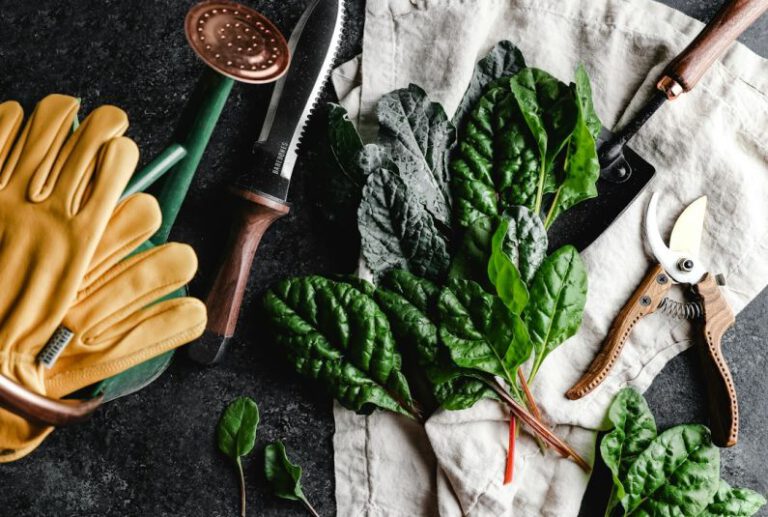Diy Solutions for Storing Garden Produce
Freshly harvested garden produce is a delight for any gardener. However, preserving and storing the abundance of fruits and vegetables can be a challenge. Whether you have a small urban garden or a sprawling countryside plot, finding effective storage solutions for your garden produce is essential. In this article, we will explore some DIY solutions that will help you store your garden produce and enjoy it for months to come.
1. Root Cellar: The Classic Storage Solution
A root cellar is a tried and tested method of storing garden produce. It provides a cool and dark environment, which helps to slow down the ripening process and extend the shelf life of fruits and vegetables. To create a root cellar, you can convert an existing basement or dig a small underground storage space. Line the walls with insulating materials, such as straw or hay, to maintain a constant temperature. Store your root vegetables, like potatoes, carrots, and onions, in wooden crates or bins, ensuring proper ventilation.
2. Canning: Preserve the Harvest
Canning is a popular method of preserving garden produce, especially fruits and vegetables that are highly perishable. The process involves packing the produce into glass jars and sealing them with lids. This method effectively kills bacteria and prevents spoilage. To can your garden produce, you will need a water bath canner or a pressure canner, depending on the acidity of the food. Follow a trusted canning recipe and ensure proper sterilization of jars to maintain the quality and safety of your preserved goods.
3. Freezing: Lock in Freshness
Freezing is another excellent way to store garden produce. It allows you to preserve the freshness and nutritional value of fruits and vegetables for an extended period. Blanching the produce before freezing helps to retain color, texture, and flavor. Clean and chop your vegetables into desired sizes, blanch them in boiling water for a short period, and then transfer them to airtight freezer bags or containers. Label and date your frozen goods for easy identification. Remember to leave some headspace in the containers to allow for expansion during freezing.
4. Drying: Nature’s Pantry
Drying is a traditional method of preserving garden produce that has been used for centuries. It involves removing moisture from the food, inhibiting the growth of bacteria and mold. Herbs, fruits, and vegetables can be dried using various techniques, including air drying, sun drying, or using a food dehydrator. For air drying, tie the produce in bunches and hang them in a dry, well-ventilated area. Sun drying requires placing the produce on trays in direct sunlight. A food dehydrator provides a controlled environment for drying your garden bounty. Once dried, store the produce in airtight containers in a cool, dark place.
5. Pickling: Tangy and Delicious
Pickling is a fantastic way to preserve vegetables by immersing them in a brine or vinegar solution. This method not only extends the shelf life but also imparts a tangy flavor to the produce. To pickle your garden produce, clean and cut the vegetables into desired sizes, then pack them tightly into sterilized jars. Prepare a brine or vinegar solution with your preferred spices and pour it over the vegetables, ensuring they are completely submerged. Seal the jars tightly and store them in a cool, dark place for a few weeks to allow the flavors to develop.
In conclusion, storing garden produce can be a rewarding and enjoyable experience. By utilizing these DIY solutions, you can extend the life of your harvest and savor the flavors of your garden throughout the year. Whether you opt for a root cellar, canning, freezing, drying, or pickling, each method offers its own unique benefits and allows you to make the most of your garden bounty. So, get creative and start preserving your garden produce today!






